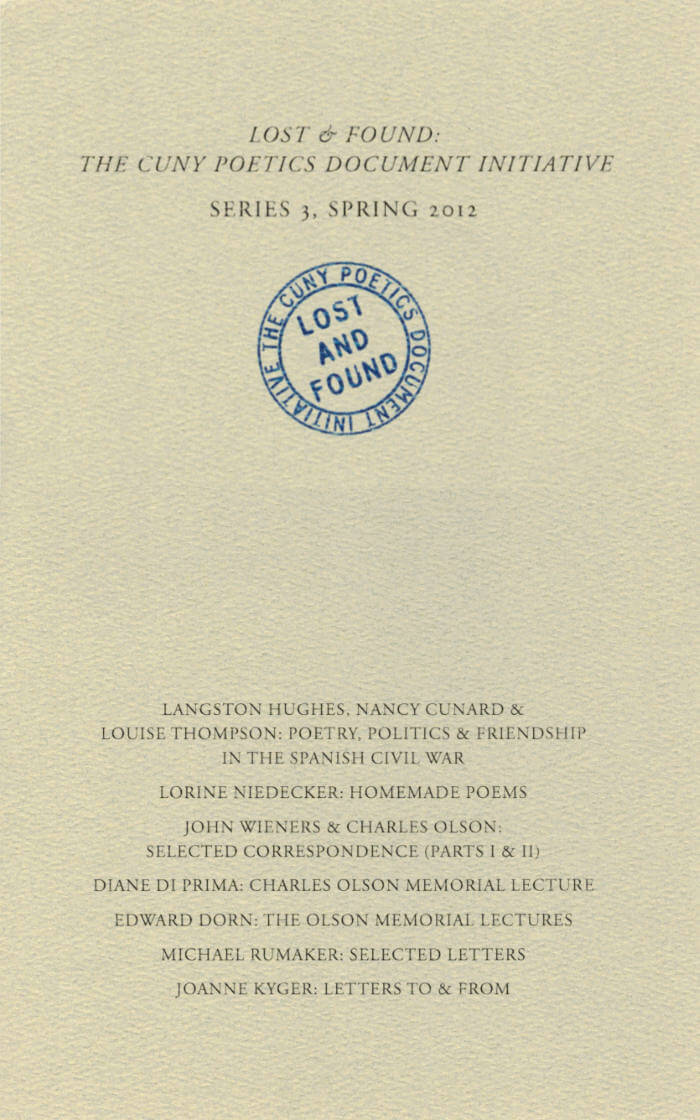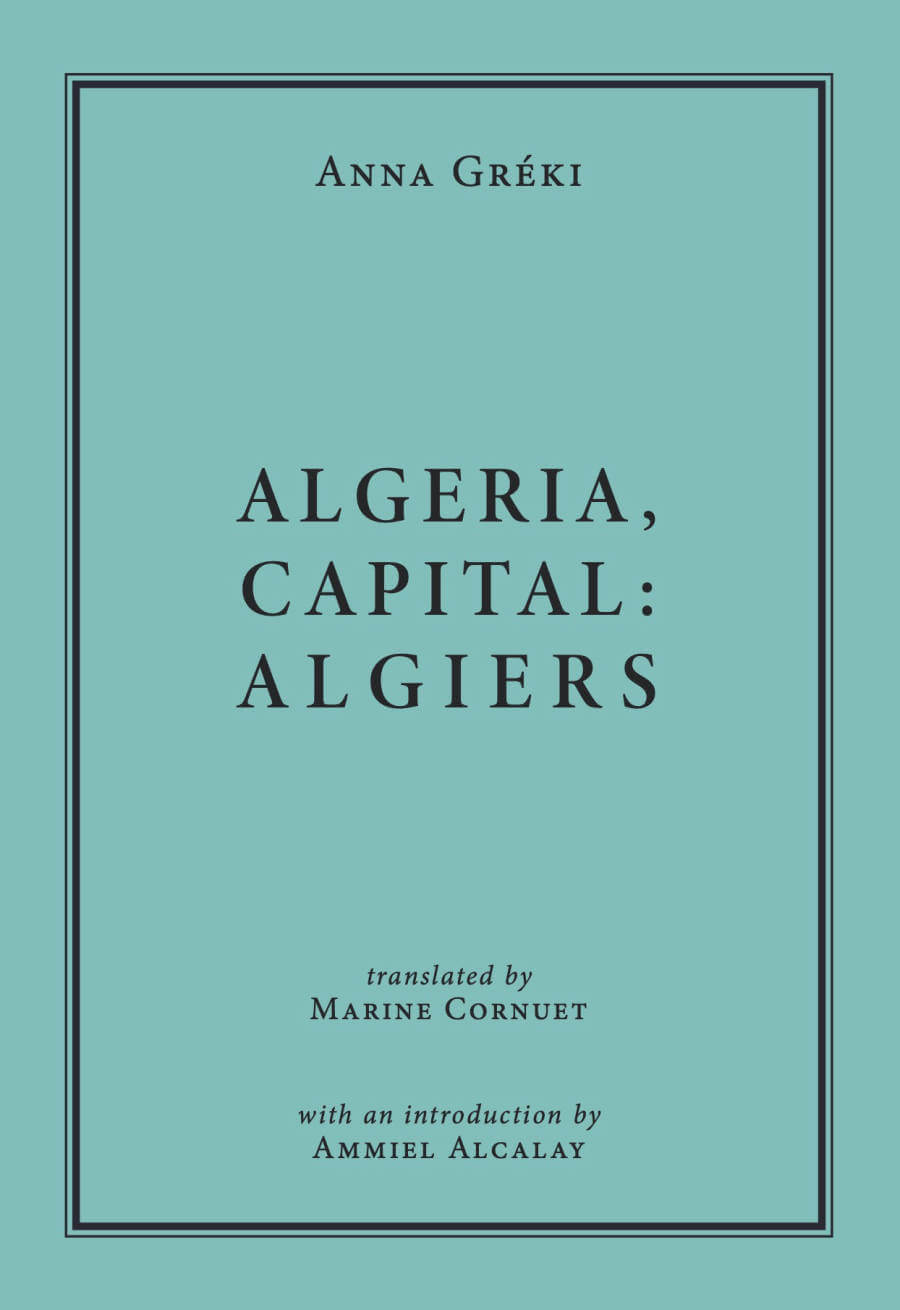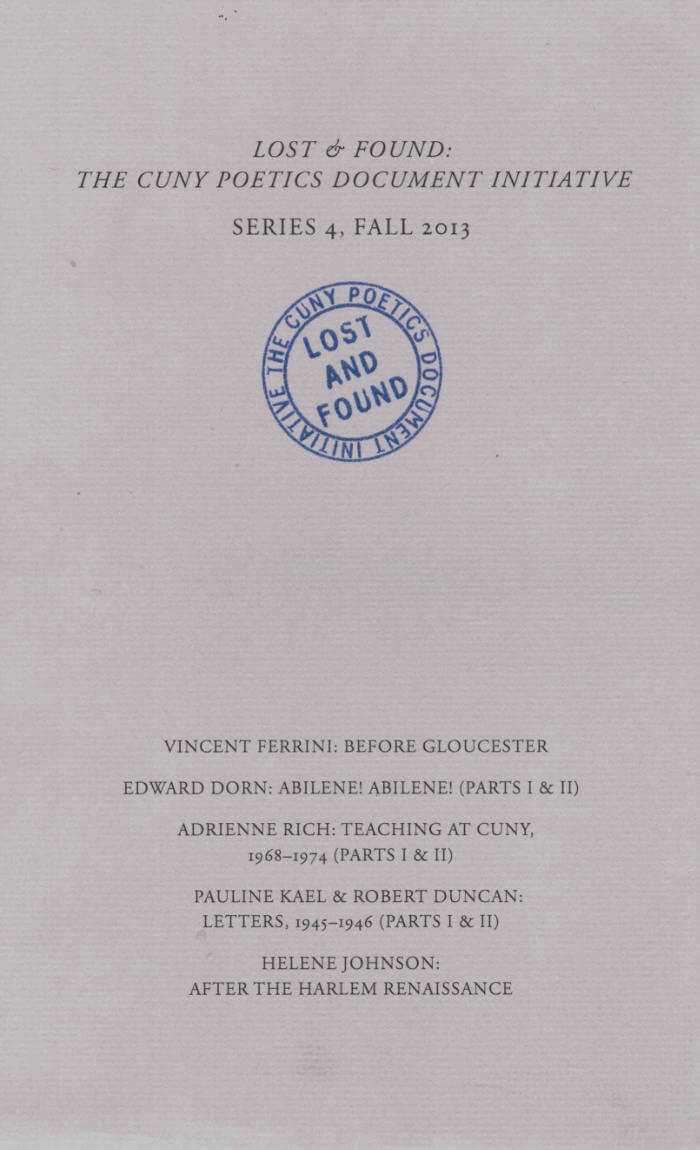
CUNY Center for the Humanities
Lost & Found: The CUNY Poetics Document Initiative, Series VII
Audre Lorde, Toni Cade Bambara, June Jordan, Jack Forbes, Paul Blackburn
Building on previous projects centered on the pedagogy of poets, and friendship through correspondence, LOST & FOUND SERIES VII breaks new ground to present unpublished and presently unavailable materials by novelist, filmmaker, and activist Toni Cade Bambara; iconic poet-activist-teachers Audre Lorde and June Jordan; scholar, activist, and poet Dr. Jack D. Forbes, and letters between North American poet and translator Paul Blackburn and Argentinian in exile novelist, poet, and translator Julio Cortázar.
While Cortázar and Blackburn forged their own institution of sorts, through a friendship that would help ignite the Latin American boom, Forbes, Bambara, Jordan, and Lorde worked in and out of institutions to help transform the landscape of our educational and historical horizons and expectations. For some years Bambara, Jordan, and Lorde all taught together in the City University of New York, the largest urban system in the United States, collaborating with activist students and other faculty to create new curriculum in Black Studies, Ethnic Studies, and Women's Studies. At the same time, Blackburn also taught part-time at City University, while bringing the vision of another world into American English, through his translations of Cortázar, a champion of the Cuban revolution and a writer of unparalleled influence in Latin America. On the other side of the country, Dr. Jack Forbes's vision of hemispheric Indigenous life was brought to bear on his involvement in the creation of D-Q University, the first Indigenous university in California, as well as the creation of Native American Studies at UC Davis, a program that would be emulated at other universities in North America. At the same time, his extraordinary and almost unknown poetry, featured here along with notable materials on his educational activism, presents a vision of Los Angeles cutting across race, class, and ethnicity that the work of all the writers in this Series help us realize.
SERIES VII Includes:
Audre Lorde
"I teach myself in outline," Notes, Journals, Syllabi, & an Excerpt from Deotha
Toni Cade Bambara
"Realizing the Dream of a Black University," & Other Writings (Parts I & II)
June Jordan
"Life Studies," 1966-1976
Jack Forbes
"Yanga Ya," Selected Poems & The Goals of Education
Paul Blackburn & Julio Cortázar
"Querido Pablito"/"Julissimo Querido," Selected Correspondence, 1958-1971 (Parts I & II)
Language: English







